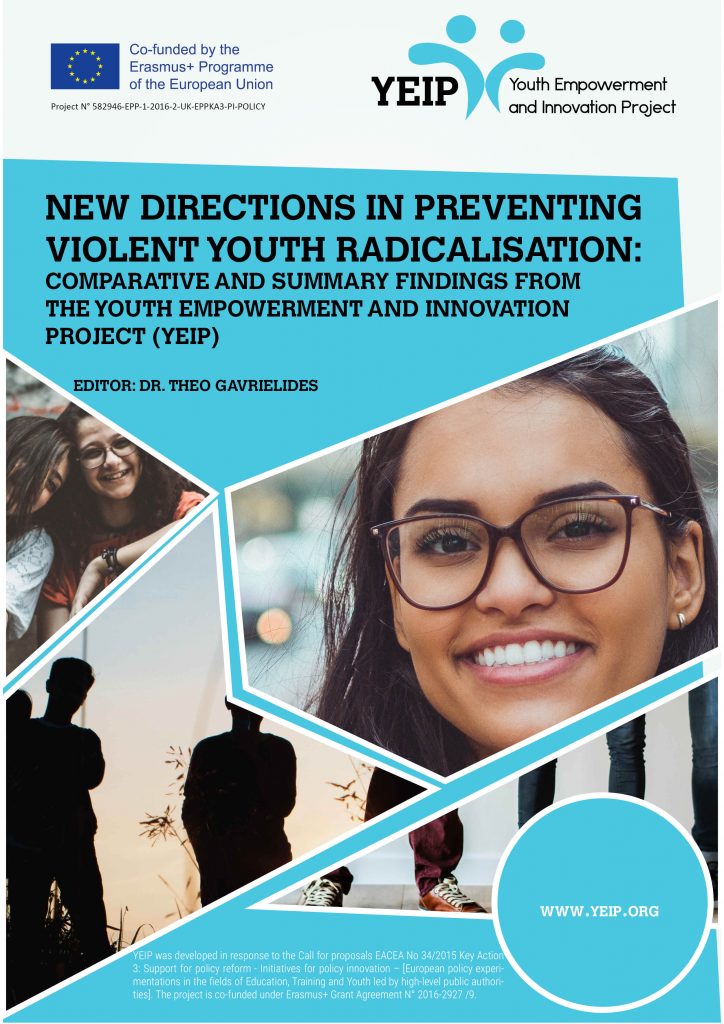Today the University of East London hosted a conference on Violent Youth Radicalisation. Conference delegates were presented with the final report of the EU-funded Youth Empowerment and Innovation Project (YEIP). The report contains the findings of what is said to be the largest-ever scientific study of youth radicalisation in Europe.
But is it any good?
Sorry if this sounds unduly sceptical, but we can’t see how ‘youth empowerment’ and ‘violent youth radicalisation’ have come to be so closely associated.
Message To Policy Wonks: If you really want young people to have more power, why disempower us by putting us into a box labelled ‘violent youth radicalisation’? And if you really don’t mean to box us up in this way, why have you tagged ‘violent youth radicalisation’ together with ‘youth empowerment’, as if to suggest they are one and the same?
We are willing to accept that you didn’t mean to. But even if you didn’t, this category error shows such a high level of disconnect between policy people and the young, we are bound to think twice about the veracity of your report.
Something else is bothering us. The report and the prior process of research are heavily reliant on ‘the Good Lives Model’. Indeed it is said that the project ‘constructed and tested an innovative policy intervention model that is founded on the principles of youth-led research, positive psychology and the Good Lives Model.’
The Good Lives Model was originally designed for convicted offenders. Its aim is to teach them to live a life that will stop them re-offending. YEIP adapted the model and used it as part of a series of discussions with young people.
But if you really want to hear what young people are saying, wouldn’t it be better to go out and actually listen instead of trying to model their lives for them in advance? To us this sounds more like talking down than taking note.
Please don’t go through the motions of listening without pre-judging, when you’ve already modelled what you think we should be saying.
We don’t mean to sound ungrateful, but we can’t understand how this research promotes ‘youth empowerment’. We can’t help thinking that young people involved in the research will have been taught the etiquette of what to say and what not to say.
Now we’re being asked to accept this as the scientific truth about young people’s lives, and fall in line with it.
Dear Policy People, We’d Very Much Like You To think Again.




